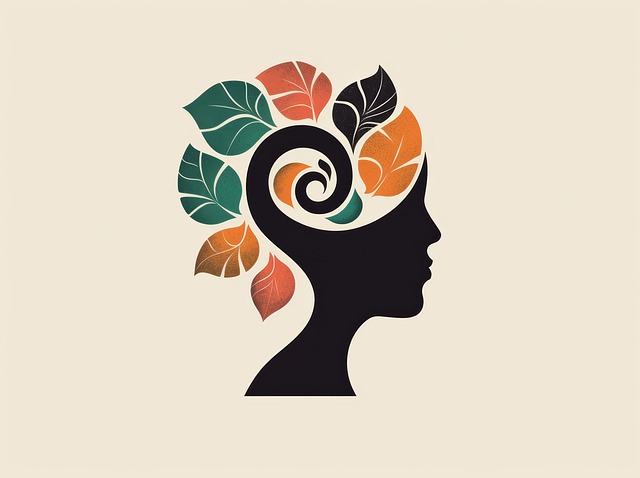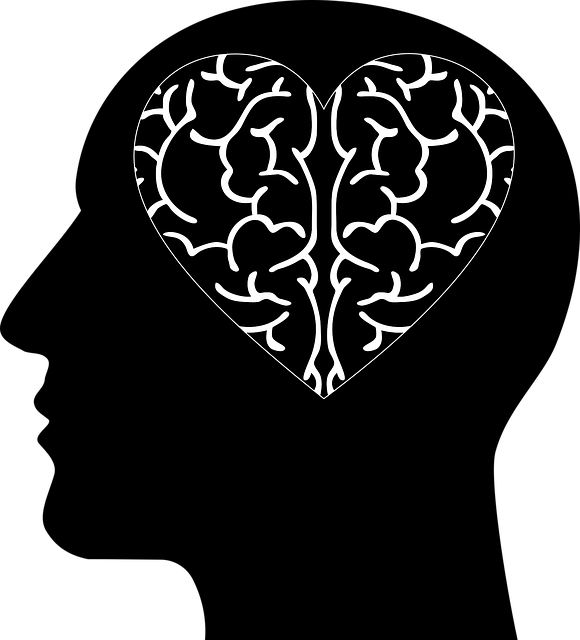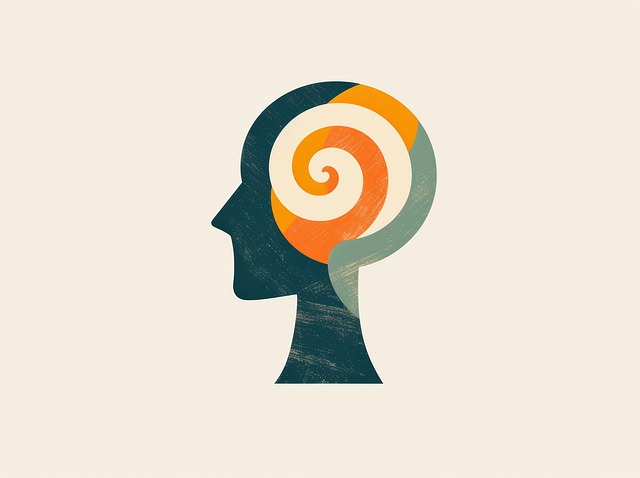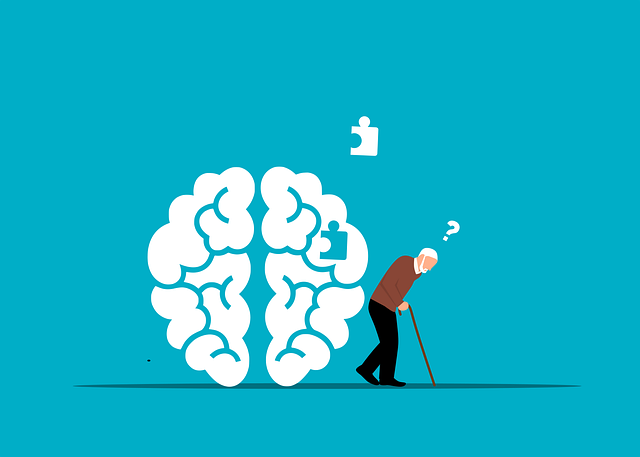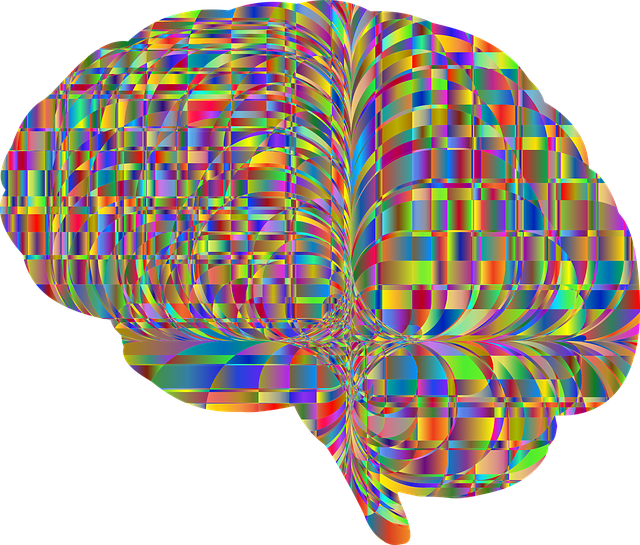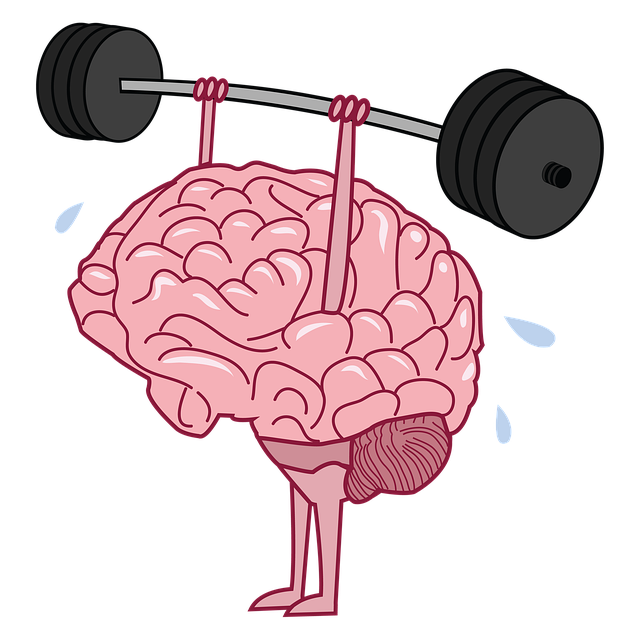Mental wellness self-assessment tools, incorporating both psychological assessments and consideration of Centennial Spiritual-Religious Issues, empower individuals to proactively manage their emotional well-being. By integrating spiritual and religious perspectives, these tools cater to diverse populations, enhance cultural sensitivity, and provide personalized recommendations for anxiety relief and mindfulness practices. In the digital age, interactive questionnaires identify areas of need, facilitate risk management planning, and promote proactive mental health care, fostering holistic well-being.
Mental wellness self-assessment tools play a pivotal role in promoting individual awareness and fostering holistic well-being. This article offers an insightful exploration into the development of such tools, focusing on three key aspects. Firstly, we delve into understanding mental wellness self-assessment as a comprehensive guide for personal growth. Secondly, it discusses integrating spiritual and religious perspectives to cater to diverse therapeutic needs, especially when addressing Centennial spiritual-religious issues in therapy. Lastly, it highlights creating contemporary resources relevant to the century’s evolving mental health landscape.
- Understanding Mental Wellness Self-Assessment: A Comprehensive Guide
- Integrating Spiritual and Religious Perspectives in Therapy Tools Development
- Creating Effective Centennial-Relevant Resources for Mental Health Assessment
Understanding Mental Wellness Self-Assessment: A Comprehensive Guide

Mental wellness self-assessment tools play a pivotal role in empowering individuals to take charge of their emotional well-being. These assessments serve as comprehensive guides, helping users navigate complex mental health landscapes and gain profound insights into their thoughts, feelings, and behaviors. By providing structured frameworks, they facilitate self-reflection, enabling folks to identify potential areas of concern, such as stress, anxiety, or depression. Moreover, these tools offer valuable guidance on conflict resolution techniques, coping skills development, and mood management strategies, thereby fostering resilience and enhancing overall mental wellness.
In today’s fast-paced world, where Centennial spiritual-religious issues therapy gains increasing prominence, self-assessment tools equip individuals with the knowledge and resources to proactively manage their mental health. They encourage self-care practices and promote a holistic approach to well-being, addressing not just symptoms but also underlying causes. By integrating conflict resolution techniques into these assessments, users gain valuable insights into how they handle interpersonal challenges, leading to improved relationships and a more harmonious life.
Integrating Spiritual and Religious Perspectives in Therapy Tools Development

Incorporating spiritual and religious perspectives into therapy tools development is a significant aspect of providing holistic care, especially when addressing Centennial Spiritual-Religious Issues in Therapy. Many individuals find meaning, comfort, and coping mechanisms through their faith or spiritual practices, making it essential for therapists to understand and respect these beliefs. By integrating spiritual dimensions, therapists can enhance the effectiveness of self-assessment tools, tailoring them to meet the unique needs of diverse populations. This approach acknowledges that mental wellness is deeply intertwined with one’s sense of purpose, community, and cultural identity, often incorporating practices such as mindfulness, meditation, or prayer, which have shown promise in improving social skills training and trauma support services.
Cultural sensitivity in mental healthcare practice plays a pivotal role here, ensuring that spiritual tools are inclusive and respectful of varying religious and spiritual backgrounds. This consideration is vital for fostering trust and open communication between therapists and clients, especially when dealing with sensitive topics. By embracing these perspectives, therapy tools can become more nuanced, effective, and accessible, benefiting from the rich tapestry of cultural and spiritual practices that contribute to mental wellness.
Creating Effective Centennial-Relevant Resources for Mental Health Assessment

In today’s digital era, developing effective mental wellness self-assessment tools is more crucial than ever. With a growing recognition of the impact of mental health on overall well-being, there’s a rising demand for accessible and relevant resources. To cater to contemporary needs, these tools must incorporate not only psychological assessments but also address emerging issues such as Centennial Spiritual-Religious Issues, which play a significant role in shaping individuals’ emotional landscapes. By integrating these aspects, self-assessment platforms can offer a holistic approach to mental wellness, encompassing both secular and spiritual dimensions of therapy.
For instance, digital platforms can provide interactive questionnaires that delve into users’ emotional regulation strategies, identifying areas where they may require additional support or guidance. This data can then be used to personalize recommendations for anxiety relief techniques, mindfulness practices, or even refer users to appropriate mental health professionals. Furthermore, incorporating risk management planning features ensures that individuals at higher risk receive timely interventions, fostering a culture of proactive mental health care.
The development of mental wellness self-assessment tools that incorporate both secular and spiritual-religious perspectives is crucial in addressing the holistic needs of individuals in the modern era. By integrating these diverse viewpoints, we can create effective resources that are relevant to a wide range of people, especially those facing contemporary challenges while also acknowledging Centennial spiritual-religious issues. This comprehensive approach ensures that mental health assessments are inclusive, accessible, and able to cater to the complex nature of human well-being in our rapidly changing world.
